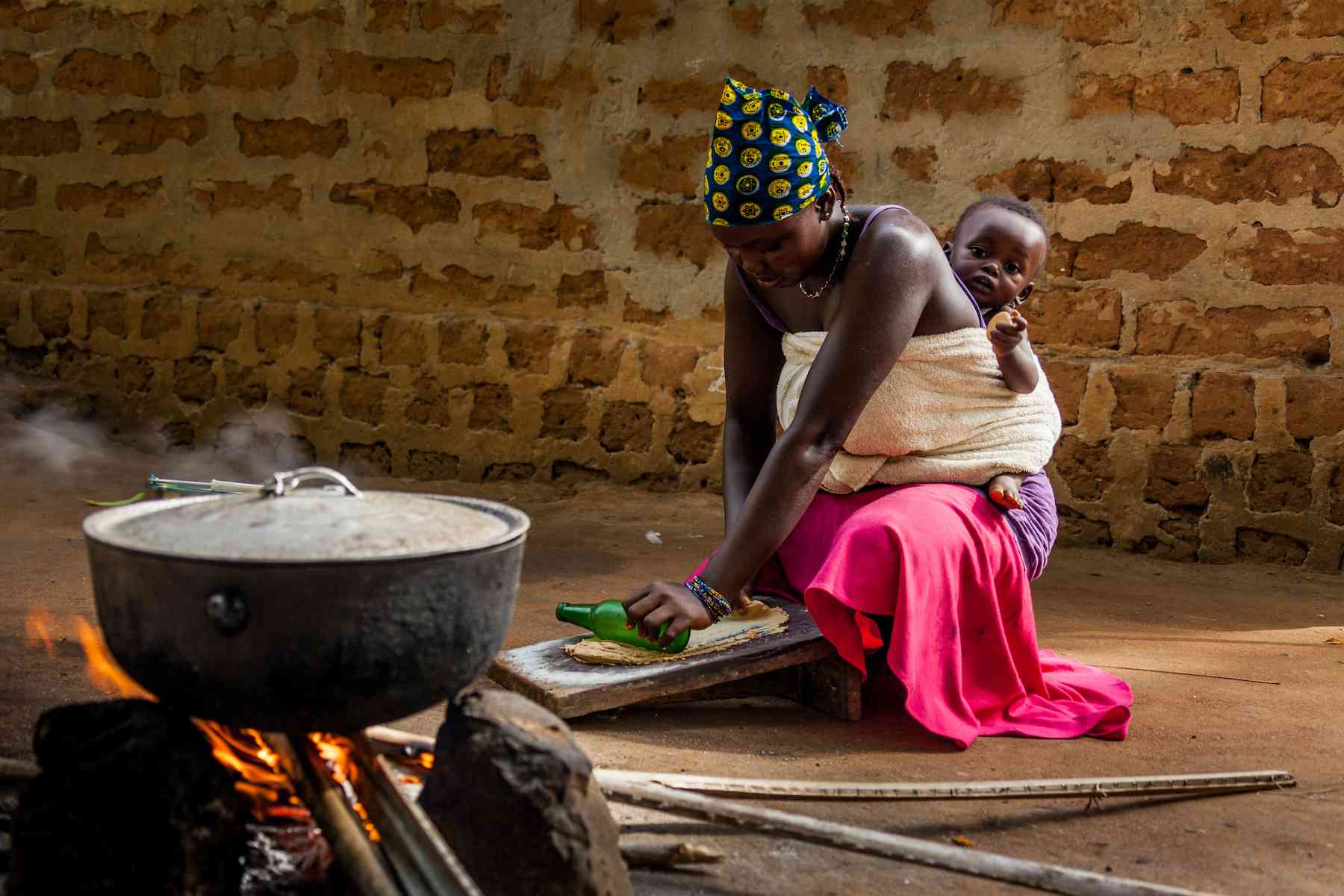
CLIMATE change has posed perhaps the most intractable threat that has ever challenged humanity.
It directly and indirectly affects an array of internationally guaranteed human rights.
Considering that climate change threats and its unknowns are severe, the discipline itself is astounding, risks are substantial, the financial implications very controversial, the politics nasty and intricate, the psychology confusing, the impacts disturbing, and the interaction with other environmental issues is multifaceted.
The most disconcerting issue in climate change discourse is the fact that the phenomena disproportionately fall on “undeserving communities” — the least able to prepare for and recover from climate change shocks.
This raises the question of justice in the climate-change discourse which has consistently been topical across social, political, and economic circles.
Unlike environmental justice discussions that originated from local environmental concerns, climate justice discourse stemmed from questioning whose interests are served and who is affected the most from global to grassroots levels.
Climate justice is a concept that addresses the just division, fair sharing and equitable distribution of the burdens of climate change as well as its mitigation and responsibilities.
Cutting across ages, races, socio-economic classes and gender — reality has suggested that those with the least access to resources face inexorable challenges to mitigate and adapt to climate change.
- Matiza’s widow in estate wrangle
- SA insurer targets Zim after US$2.4 million payouts
- Addressing climate change the green building way
- Hit hard by storms and forest loss, Zimbabweans building stronger homes
Keep Reading
The vulnerable groups in developing countries are at a disadvantage. Climate change risk is worse for people living in the rural communities, women, children, people with disabilities and minority groups.
Global extreme poverty headcounts reveal that more than 388 million women and girls live in extreme poverty.
This puts them in a difficult position to recover or cope with climate change-induced disasters. UN Women and UNDP concur that 83,7% of the world`s extreme poor women and girls live in sub-Saharan Africa (62,8%) as well as South and Central Asia(20%).
From the statistics above, unless Africa takes it as an urgent pre-requisite to embark on an inclusive drive towards climate change programing, the marginalised groups and communities will continue to be disenfranchised thus achieving sustainable climate change justice and equity will remain a pipe dream.
Global, regional and national level policies have been put in place but there is need for strong community level policies, institutions, interventions and programmes to be implemented if impact is to be felt.
What community-targeted actionable steps can be taken now to mitigate the challenges experienced by communities?
Local community contingency reserve
In the Global South, the impacts of climate change often transect poverty, violence and discrimination.
Displacement heightens the food insecurity and health risks that directly affect women and girls as was with the aftermath of Cyclone Idai, which struck Mozambique, Malawi and Zimbabwe in March 2019, leaving pregnant women and girls without basic food, hygiene and sanitation provisions.
According to UNFPA 2019, the distribution of climate change consequences is unequal — not just between nations, but also between geographies and populations within a nation thus for areas prone to crop destruction or droughts — village grain banks will also serve as a panacea to food insecurity.
Community-led adaptation initiatives
Community-led grassroots initiatives are crucial in dealing with climate change justice issues at community levels.
Since climate change deepens on existing inequalities and in the African context, integrated efforts to help the vulnerable adapt to and mitigate the effects of climate change are crucial.
This gives the victims ownership to local climate change disaster reduction initiatives as opposed to alienation or disenfranchisement from issues that affect them. Sustainable community solutions are best achieved if they stem from the risk stake and are not imposed on them by implementers.
Capacity building
According to the United Nations, States must ensure that appropriate adaptation measures are taken to protect and fulfil the rights of all persons, particularly those most endangered by the negative impacts of climate change such as those living in vulnerable areas.
In Zimbabwe, communities in disaster-prone areas like the Zambezi Valley escapement must be properly capacitated and have adequate resources to be able to absorb the effects of climate change.
Tech solutions to energy, agriculture, WASH challenges faced by women
Training women to embrace the use of renewable resources (clean cook stoves, solar lamps) and harness technology is pertinent for climate proofing.
Borrowing from Solar Sisters, an organisation operating in Tanzania and Nigeria, supporting local women to start, grow and sustain a clean energy life helps build better future and livelihoods for the families.
In agro-based communities, particularly those focusing on horticulture produce (such as Mutoko and Eastern Highlands), the country should engage in technological projects like solar boreholes for reliable water sources, solar cold rooms and solar driers particularly for crop processing and preservation in order to minimise or curb post-harvest losses. Such community initiatives are commendable and make measurable impact in communities.
Climate change and economic inequality are inextricably linked. Climate change is a crisis-driven by the ‘haves’, which hits the “have-nots” the hardest.
Such understanding helps us to recognise that climate change adaptation and mitigation must be at the centre of policies and programmes to improve the resilience of communities exposed to climate-induced disasters.
Farai Nhekairo is a researcher, writer, entrepreneur and motivational speaker. She is the founder of Community Impact Solutions and director at EatOut Movement.







